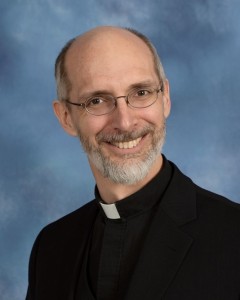“Worship and Witness”
Coptic Christians, known as Copts, are the largest ethno-religious minority in Egypt, constituting roughly 10 per cent of the country’s 95 million people. Although many now identify as Arabs, Copts do not historically believe themselves to be of Arab origin, but are instead acknowledged as the remaining descendants of the civilization of the Ancient Egyptians, with Pharaonic origins. The word Coptic is derived from the ancient Greek word for Egyptian. . . . In Muslim- majority Egypt, Coptic Christians are often the victims of persecution and repeated attacks on their churches.
This includes the 2019 Palm Sunday bombings of two churches: At least 27 people were killed and 78 injured in the first blast at a Coptic church in the Nile Delta town of Tanta, north of Cairo, Egypt’s Health Ministry said. The second blast, in front of a Christian church in Alexandria on the country’s north coast, killed 17 and injured at least 48 others.

Now, more than ever, worship is an act of witnessing to one’s faith.
It has been a reoccurring theme in my teaching for years, probably to the point that people are tuning-out about it. Worship is important. We take worship for granted, and possibly even treat it with distain. We thankfully have never experienced persecution connected with our worship. But it happens in the world. In such a context, attending worship is a witness to one’s faith.
Here and now we face a different threat to worship than human opposition. And perhaps now worship as witness to faith is more significant than ever. The churches of Europe have been nearly emptied of worshippers for decades for no single reason. Is there a reason now, and will it happen in the U.S.? And what does this mean about our faith?
We can be safe (masks, distancing, other practices), but we must also be who we are, a faithful people that desires to offer prayer, praise, and thanksgiving to God, who gives us grace in the Word and Sacraments.
Peace,
+ Pastor Bond


